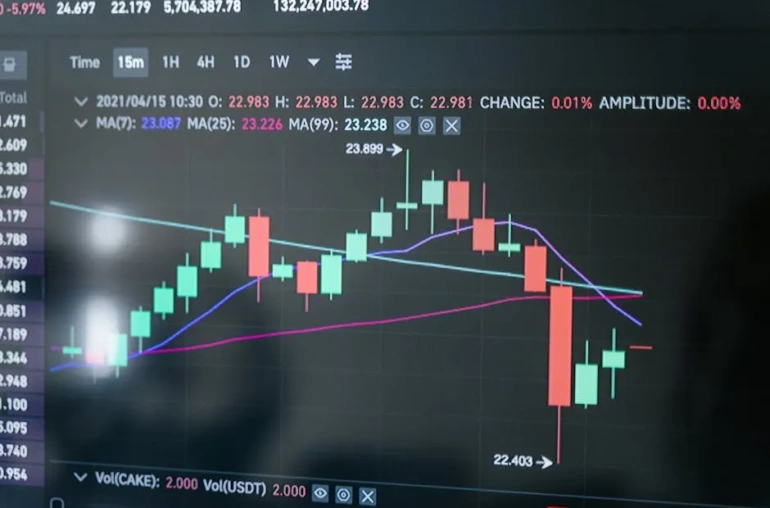
UK Court Charges Dual National Over Crypto Funding of Pro-Russian Militias
A Russian-British dual national has been charged in London for allegedly using cryptocurrency to fund pro-Russian militias in eastern Ukraine, violating UK sanctions. The individual appeared before Westminster Magistrates’ Court on Tuesday, marking a significant escalation in the enforcement of financial restrictions tied to the Ukraine conflict.

The Case Details
The defendant is accused of transferring cryptocurrency to separatist groups in Ukraine’s Donbas region, which the UK government designates as sanctioned entities. This case underscores growing concerns about the misuse of digital assets to bypass traditional financial controls, especially in geopolitical conflicts.
Why This Matters
- Sanctions Enforcement: The UK has aggressively targeted crypto transactions linked to Russian military support since 2022. This prosecution signals tighter scrutiny of cross-border crypto flows.
- Crypto’s Dual Edge: While cryptocurrencies offer financial freedom, their pseudonymous nature can facilitate illicit activities, prompting regulators to demand stricter compliance from exchanges.
- Global Precedent: Similar cases are emerging worldwide, including the U.S. and EU, as governments grapple with crypto’s role in circumventing economic sanctions.
The Bigger Picture
This incident highlights the escalating “crypto cold war,” where digital assets become tools in geopolitical struggles. Analysts warn that decentralized technologies could complicate sanctions enforcement, urging innovations in blockchain analytics to track illicit flows. Meanwhile, pro-Russian groups have openly solicited crypto donations, exploiting gaps in traditional banking oversight.
What’s Next?
The case could set a legal benchmark for prosecuting crypto-based sanctions violations. Expect:
- More coordinated international crackdowns on crypto wallets tied to sanctioned entities.
- Pressure on exchanges to enhance due diligence for high-risk transactions.
- Debates over privacy coins (e.g., Monero) and their role in such activities.
For investors, this underscores the importance of compliance in crypto dealings—especially when operating across jurisdictions with conflicting geopolitical stances.



